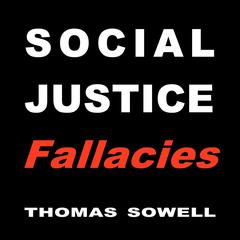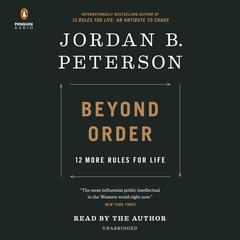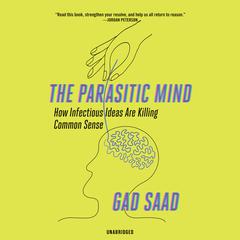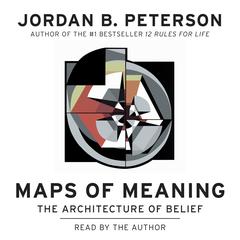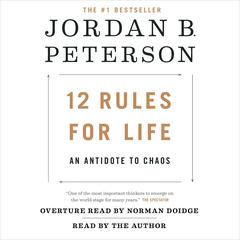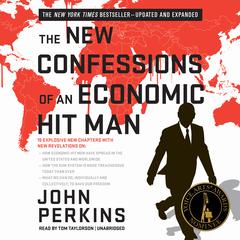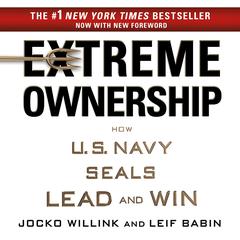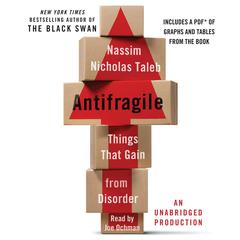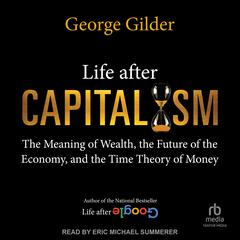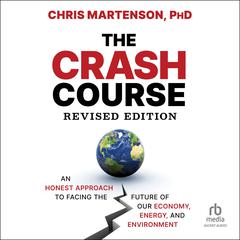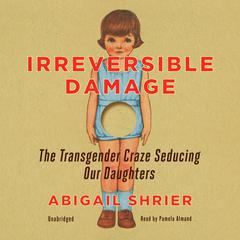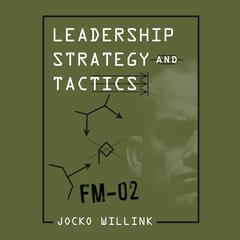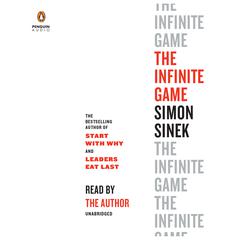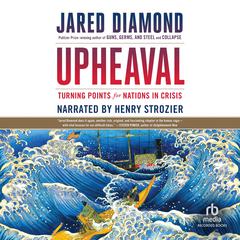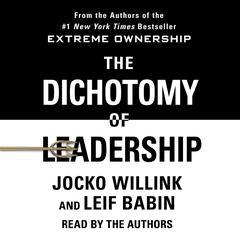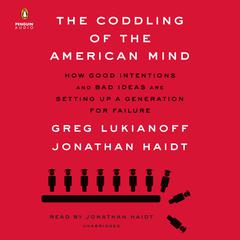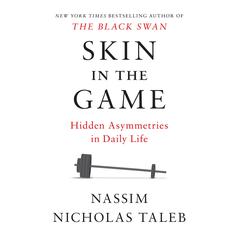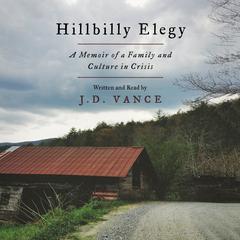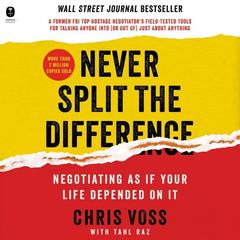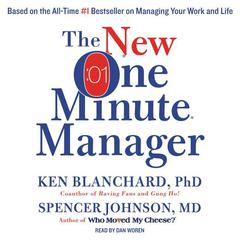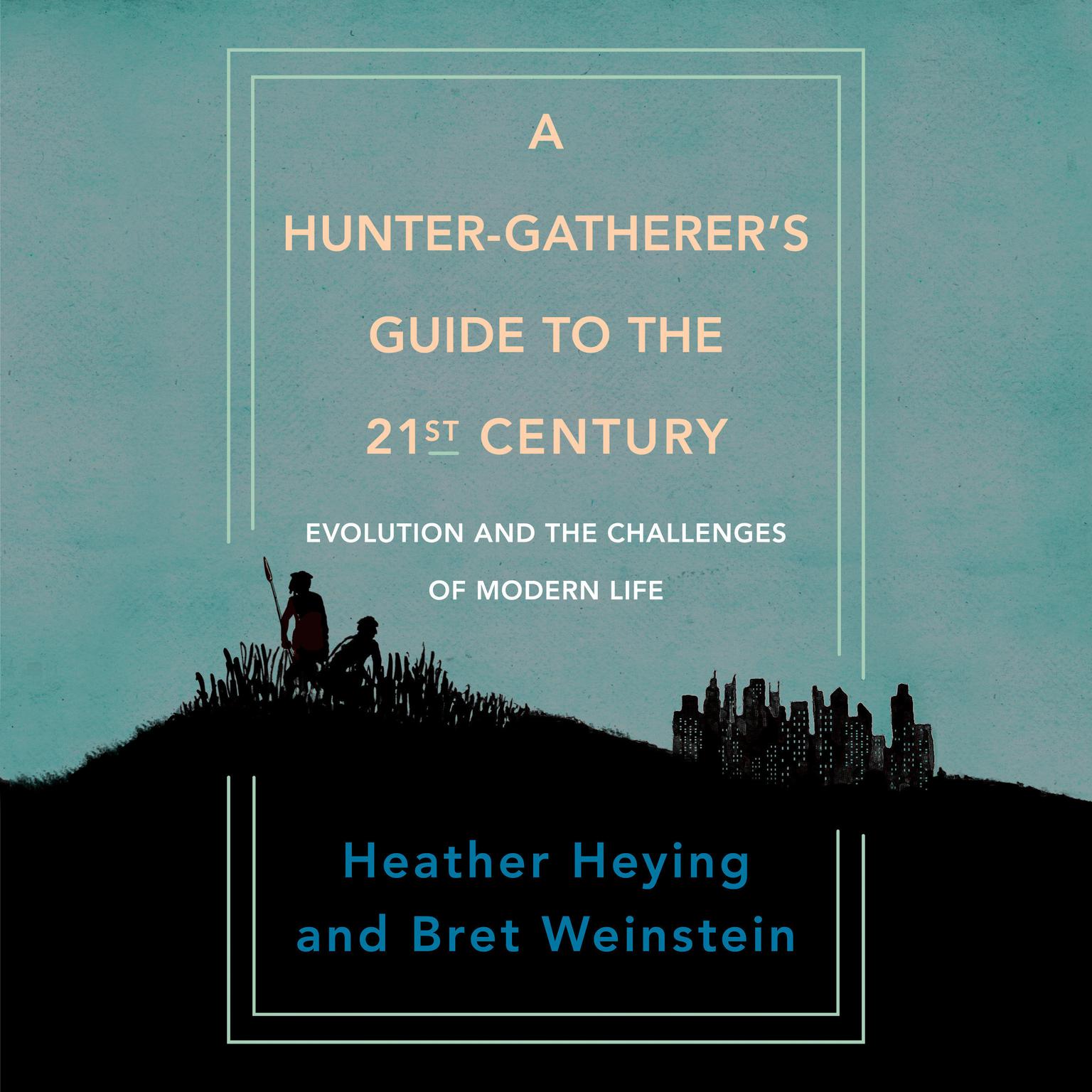 Play Audiobook Sample
Play Audiobook Sample
A Hunter-Gatherer's Guide to the 21st Century: Evolution and the Challenges of Modern Life Audiobook
 Play Audiobook Sample
Play Audiobook Sample
Quick Stats About this Audiobook
Total Audiobook Chapters:
Longest Chapter Length:
Shortest Chapter Length:
Average Chapter Length:
Audiobooks by this Author:
Publisher Description
A provocative exploration of the tension between our evolutionary history and our modern woes—and what we can do about it. We are living through the most prosperous age in all of human history, yet we are listless, divided, and miserable. Wealth and comfort are unparalleled, but our political landscape is unmoored, and rates of suicide, loneliness, and chronic illness continue to skyrocket. How do we explain the gap between these truths? And how should we respond? For evolutionary biologists Heather Heying and Bret Weinstein, the cause of our troubles is clear: the accelerating rate of change in the modern world has outstripped the capacity of our brains and bodies to adapt. We evolved to live in clans, but today many people don’t even know their neighbors’ names. In our haste to discard outdated gender roles, we increasingly deny the flesh-and-blood realities of sex—and its ancient roots. The cognitive dissonance spawned by trying to live in a society we are not built for is killing us. In this book, Heying and Weinstein draw on decades of their work teaching in college classrooms and exploring Earth’s most biodiverse ecosystems to confront today’s pressing social ills—from widespread sleep deprivation and dangerous diets to damaging parenting styles and backward education practices. Asking the questions many modern people are afraid to ask, A Hunter-Gatherer’s Guide to the 21st Century outlines a science-based worldview that will empower you to live a better, wiser life. *This audiobook includes a downloadable PDF containing illustrations and charts from the book.
Download and start listening now!
“A bold, well-researched, and succinct exploration of the puzzling predicament we find ourselves in. Anyone who wonders why the most comfortable society in history—our own—has such astronomical rates of depression, anxiety, and poor health will find abundant answers in A Hunter-Gatherer’s Guide to the 21st Century.”
— Sebastian Junger, #1 New York Times bestselling author
Quotes
-
“The evolutionary biologists posit that the modern world is out of sync with our ancient brains and bodies.”
— New York Times
Awards
-
A New York Times bestseller
-
#1 Amazon bestseller
-
A New York Times Bestseller in Audio
A Hunter-Gatherer's Guide to the 21st Century Listener Reviews
- — Camilo Blanco, 2/25/2024




